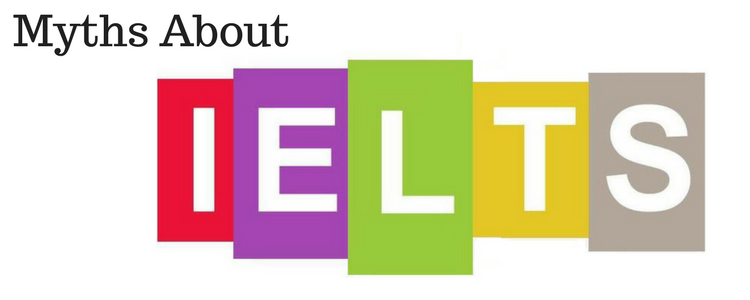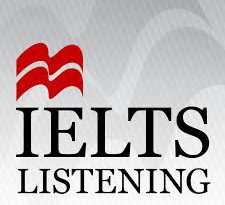Bust the Myth- 5 Top IELTS Unexplained Traditions
Since a lot goes into the preparation for IELTS, no one wants to put a foot wrong. Keeping this in mind, when someone- the IELTS counselors, the experts, or our most trusted teacher, Google suggest that if you do this or that in your exam, the chances of clearing your IELTS will augment immensely. Therefore, we implement them without an argument.
The myths of IELTS are not new to the table, there are present since the time overseas universities and colleges started giving weightage to this exam for their admission procedure. Here, we’ve rounded top five IELTS myths, so let’s bust them together:
1. Every Nation Has Its Own IELTS Exam Pattern
Have you ever heard this popular IELTS myth regarding the pattern of the exam? Though, it’s not a tough ask to prove that false, somehow many have faith in this. To make it very clear, IELTS exam has two versions, one is Academic IELTS (to get admission in an overseas university or college), and the other one is General training IELTS (to get a visa).
2. Speak in Western Accent to Clear the Speaking Test
Do you trust this widespread assumption? If yes, then you are certainly on the opposite path, as the one and only aim of the IELTS speaking test is to weigh your English language proficiency, and not to evaluate you for your flaunt western accent. Additionally, wrong western accents may tell a negative facet about your personality to the interviewer, in simple terms may lead to a low score in your final result.
3. Clear the Speaking Test and the Job Is Done
This famous saying of previous IELTS achievers is far from the truth. Since all the four module of this English capability assessment exam carry weight, so give your heart out while preparing and appearing for them.
4. Quality Matters
This is true for all walk of life. However, if you think by only attempting a fraction of the questions listed in the written exam with high-precision and good quality, you expect a high score somewhere around 7 bands IELTS, then you again on the opposite track. Speed and quality go hand in hand to craft an IELTS success story.
5. Write More and Gain More
In an IELTS written exam minimum word limit is critical, which is 150 words for the first task, and 250 for the second one. If you write less you will surely lose some marks. However, that doesn’t mean you will gain more if you write more. Though it is good practice, but also remain in-line with the strict time limit of the exam.
At last, if you are serious for your IELTS exam, reach out to British IELTS, a top institution in the town for best IELTS preparation, to elevate your chances of success.





